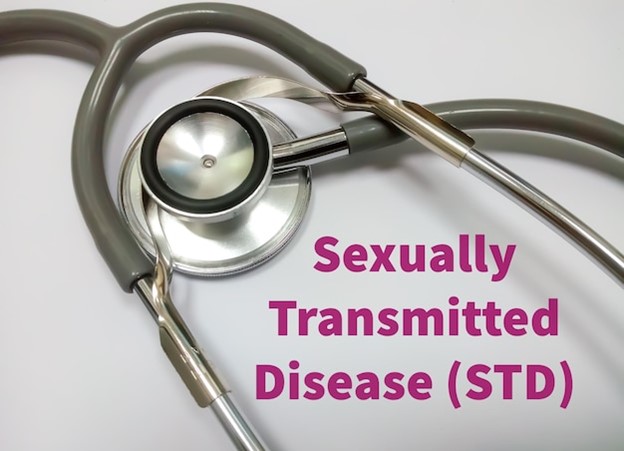Sexually Transmitted Infections (STIs) are a significant public health concern in South Africa. These infections can have serious consequences for individuals’ health and well-being if left untreated. Recognizing the signs and symptoms of STIs is crucial for early detection and timely intervention. By understanding the common signs, individuals can seek appropriate medical care and prevent the spread of STIs. Here are some important signs to watch out for:
- Unusual Discharge: Abnormal discharge from the genitals is a common symptom of many STIs. In men, it may present as a discharge from the penis, while in women, it may be noticed as an unusual vaginal discharge. The discharge can vary in color (yellow, green, or gray), consistency (thick or watery), and may have a foul odor.
- Genital Sores or Ulcers: Open sores or ulcers on or around the genitals, including the penis, vagina, or anus, can indicate the presence of certain STIs. These sores may be painful, tender, or itchy. Examples of STIs that can cause genital sores include herpes, syphilis, and chancroid.
- Pain or Burning Sensation: Pain or a burning sensation during urination or sexual intercourse can be a sign of an STI. It is important not to ignore these symptoms as they may indicate the presence of infections such as chlamydia, gonorrhea, or trichomoniasis.
- Genital Itching or Irritation: Persistent itching or irritation in the genital area can be a symptom of various STIs, including pubic lice (crabs) or a yeast infection. This itching may be accompanied by redness, swelling, or a rash.
- Painful or Swollen Testicles: In men, pain or swelling in the testicles can be a sign of certain STIs, such as gonorrhea or chlamydia. This symptom should be evaluated promptly by a healthcare professional.
- Pelvic Pain or Abdominal Discomfort: Some STIs, such as pelvic inflammatory disease (PID), can cause pelvic pain or discomfort in women. This pain may be experienced in the lower abdomen and can be accompanied by other symptoms such as abnormal vaginal bleeding or a fever.
- Flu-like Symptoms: Certain STIs, including HIV and early stages of syphilis, may present with flu-like symptoms such as fever, fatigue, sore throat, muscle aches, and swollen lymph nodes. These symptoms may occur within a few weeks after exposure to the infection.
It is important to note that some STIs may not exhibit noticeable signs or symptoms, making regular testing an essential part of sexual health care. If you are sexually active, it is recommended to get tested regularly, even if you do not experience any symptoms. STI testing is widely available in South Africa through healthcare facilities, clinics, and sexual health organizations.
If you notice any of these signs or suspect you may have been exposed to an STI, it is crucial to seek medical attention promptly. Remember, early detection, proper diagnosis, and appropriate treatment are key to managing STIs effectively and preventing further transmission.
In addition to seeking medical care, practicing safe sex by using condoms consistently and correctly, getting vaccinated against STIs like HPV and hepatitis B, and limiting sexual partners can significantly reduce the risk of acquiring STIs. Open and honest communication with sexual partners about sexual health is also important in preventing the spread of STIs.
By being aware of the signs and symptoms of STIs, individuals can take proactive steps to protect their sexual health and the well-being of their partners. Regular testing, practicing safe sex, and seeking medical attention when necessary are essential in the fight against STIs in South Africa. Together, we can work towards a healthier and safer future for all.










